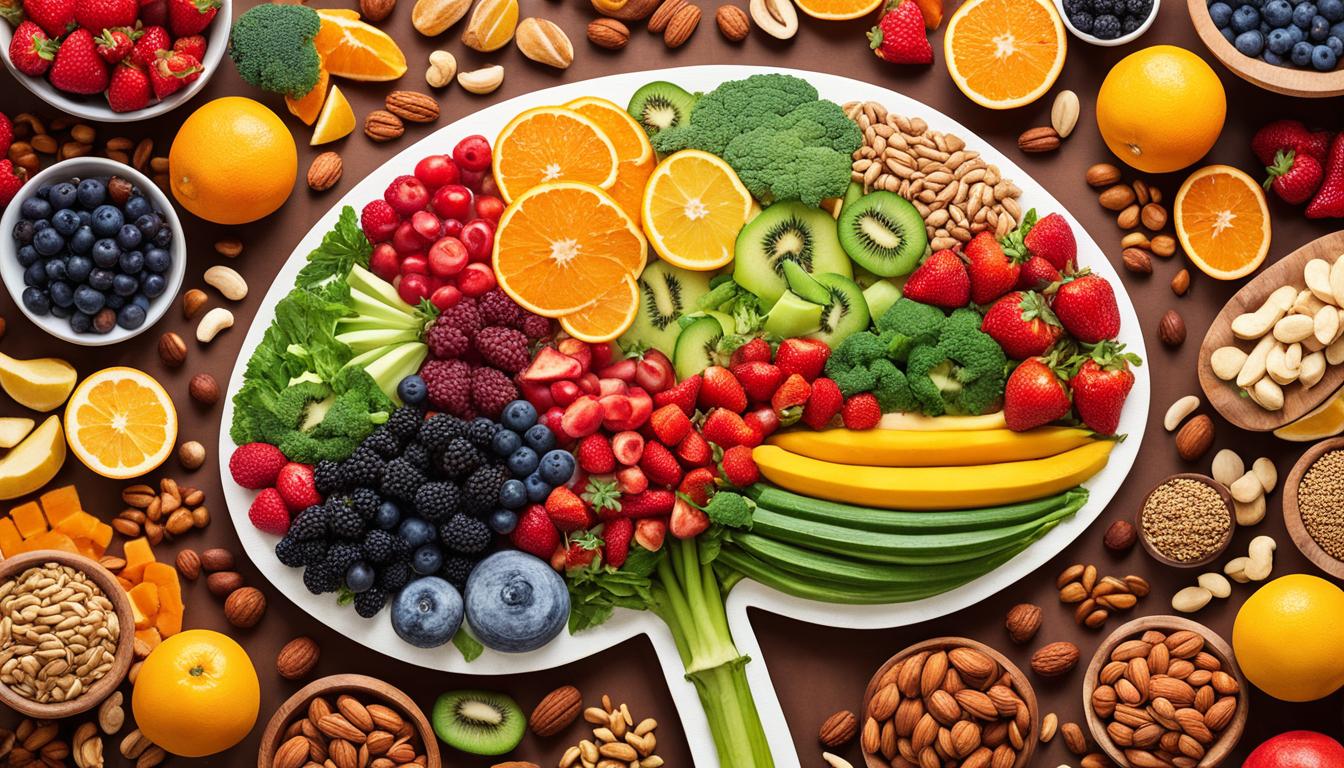How Diets Affect Your Brain? Quick Facts for Instant Clarity

Hi, I'm here to share some quick facts about how diets have an impact on your brain. The relationship between diet and brain health has gained significant attention in recent years. Research suggests that the types of foods we eat can have a profound effect on cognitive function and overall brain wellness.
Omega-3 fatty acids, found in foods like fatty fish, nuts, and seeds, have been shown to support normal brain development and function. On the other hand, diets high in refined sugars and processed foods have been associated with cognitive decline and impaired learning.
The brain relies on a steady supply of glucose for energy, but excessive sugar intake can lead to inflammation and oxidative stress, which can damage brain cells. Antioxidants and B vitamins, found in fruits, vegetables, and whole grains, play a crucial role in protecting the brain against age-related degenerative diseases.
Furthermore, the gut-brain axis, a bidirectional communication system, influences both mental and physical well-being. Diet plays a key role in maintaining a healthy gut microbiome, which in turn impacts brain health. It's important to note that individual responses to different diets can vary, so consulting with a healthcare professional or registered dietitian can provide personalized advice on how to optimize your diet for brain health.
Key Takeaways
When it comes to brain health, the choices we make in our diet play a crucial role. Here are the key takeaways:
- Omega-3 fatty acids, found in fatty fish, nuts, and seeds, support brain function and reduce the risk of cognitive decline.
- Sugar and processed foods can negatively impact brain health, leading to inflammation, oxidative stress, and impaired cognitive function.
- Antioxidants, found in fruits, vegetables, and whole grains, help protect the brain against damage from free radicals and promote healthy aging.
- B vitamins, particularly B12 and folate, are essential for brain health and cognitive function. Deficiencies in these vitamins can lead to cognitive impairments.
- The gut-brain axis refers to the bidirectional communication between the gut and the brain, and a healthy gut microbiome is crucial for brain health.

By incorporating foods rich in omega-3 fatty acids, antioxidants, and B vitamins into our diet, we can support brain health and cognitive function. On the other hand, it's important to minimize our consumption of sugar and processed foods to reduce the risk of cognitive decline. Additionally, maintaining a healthy gut through a diet rich in fiber, fermented foods, and probiotics can positively impact brain wellness through the gut-brain axis.
In Short, "How Diets Affect Your Brain"?
Diets play a pivotal role in shaping our cognitive function and overall brain wellness. The specific nutrients we consume can have a profound impact on our brain health, influencing various aspects of our cognitive abilities.
Omega-3 fatty acids are crucial for supporting brain health. Found in foods like fatty fish, nuts, and seeds, these essential fatty acids promote normal brain development and function. They have also been shown to reduce the risk of cognitive decline, making them an important component of a brain-healthy diet.
Furthermore, antioxidants and B vitamins are key nutrients that support optimal brain performance. Antioxidants, which are abundant in fruits, vegetables, and whole grains, help protect the brain against damage caused by free radicals, contributing to healthy aging. B vitamins, such as B12 and folate, are essential for cognitive function, and their deficiencies can lead to impairments in brain health.
On the other hand, diets high in sugar and processed foods can have detrimental effects on the brain. Excessive sugar intake can lead to inflammation and oxidative stress, damaging brain cells and impairing cognitive function. Processed foods, often lacking essential nutrients, can also contribute to cognitive decline over time. To maintain optimal brain health, it is essential to limit the consumption of these types of foods.
Additionally, the gut-brain axis, a bidirectional communication system between the gut and the brain, plays a significant role in brain health. A healthy gut microbiome, which can be maintained through a proper diet, is crucial for supporting brain wellness.
It's important to remember that every individual responds differently to various diets, and what works for one person may not work for another. Consulting with a healthcare professional or registered dietitian can provide personalized advice and guidance on how to optimize your diet for brain health.